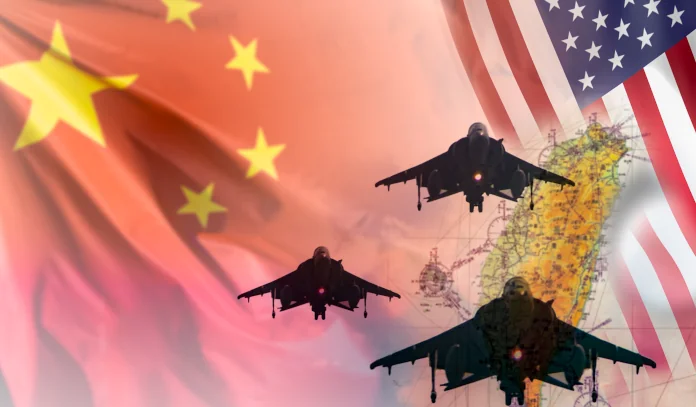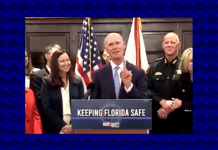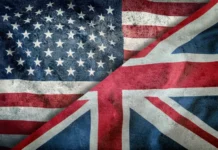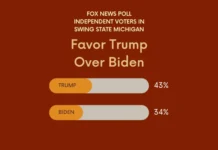Today, American military posture over Taiwan seems to be outdated and a relic of a past once forgotten.
As China’s military rise continues to project across the indo-pacific, the question over strategic ambiguity or strategic clarity continues to be an issue at heart in both the political arena and the military circles. Whether strategic ambiguity is the posture America should sustain today seems to be at the top of the minds of many.
Today, American military posture over Taiwan seems to be outdated and a relic of a past once forgotten. China for itself has been very vocal about their future intentions to take over as the world’s superpower. Public reports show how China views America, not as a strategic competitor but as an adversary and an enemy. While the Whitehouse’s official stance according to public reports is that China is a strategic competitor and not an enemy, the same cannot be said about China’s Communists ruling party.
During the Aspen Security Forum in Colorado, established by a Washington think tank, White House National Security Advisor Jake Sullivan stated that, “Our policy has not changed. And we maintain a policy of strategic ambiguity,” on July 23rd 2022. This posture seems to stand till today, whether that is for strategic purposes or not still remains to be seen.
Publicly, President Joe Biden has stated multiple time that the United States will get involved militarily if the status quo across the Taiwan straits is altered unilaterally. However, the official statement from the White House has been to contradict or reverse those statements shortly after being made by the President. Leaving many unanswered questions, such as who’s calling the shots in the White House? And why do White House Officials feel the need to correct the President’s public statements?
Across the Taiwan straits, Taiwan’s Foreign Minister Joseph Wu speaks in an interview with Sky News Australia stating that, Taiwan intends to fight for itself, however, who stands beside the Nation on this battle is still yet to be determined. The unfortunate circumstance of strategic ambiguity is that it leaves room for doubt in the minds and hearts of American allies.
According to a report on Seattle PI Foreign Minister Wu added that, “Taiwan has to defend itself, the people have to defend Taiwan, this country, and we are determined to defend ourselves and we are not asking other countries to fight for Taiwan,”
Across the Pacific American Ambassador to China Nicholas Burn publicly confirms that America has been consistent in its approach towards Taiwan, according to reports. Adding that, “any resolution of the (cross-Taiwan Strait) differences has to be peaceful.“
How these statements translate into either strategic ambiguity or strategic clarity may come to fruition if China chooses to take action against Taiwan unilaterally. In the meantime, suspense continues to build as Nations all across the Indo-Pacific and the West proceed to arm themselves to the teeth in what some may call a pending global war over the first Island chain and global hegemony.
Questions, comments or if you want to advertise locally in the People’s Olive Branch, reach out to us at peoplesolivebranch@protonmail.com














